Have To Must Should Diferencias
Must, have to, should dan should have merupakan bagian dari modal dalam bahasa inggris.
Have to must should diferencias. Have / Has to expresses general obligations. Normalmente usamos must cuando la obligación viene de otra persona. 2) In a very polite question May I open the window?.
Need, when followed by to and a verb, is the narrowest of the three verbs. HAVE TO has a different meaning:. I have to get up early tomorrow.
Tiene menos fuerza impositiva que "must" y que "have to". You must take a stand for yourself, or else you have to follow others command.;. Entonces, ¿cuál es la diferencia entre must y have to?.
Muchas oraciones que llevan estos verbos suelen tener una estructura completamente igual siendo el verbo la única variación. We must/have to build up a strong army to defend the country. Must and have to are both used for obligation and are often quite similar.
Diferencia entre MUST y HAVE TO. MUST and HAVE TO are both used to express an obligation, responsibility or necessity. Should is not as strong as must or have to.
Y have to se refiere a una obligación externa… las reglas, la ley, algo que tienes que hacer y punto. "I had a terrible stomachache." "You should have gone to the doctor’s." "I didn’t hear from my father last week." "You should have called him." "She isn't happy with the salary she’s getting.". The main differences between must and have to are:.
I think schools shouldn’t offer soft drinks to their students. ‘Shall’ and ‘should’ are interrelated words, in the sense the ‘should’ is the past tense of ‘shall’. Tienes que haber visto algo.
We can use have to + infinitive, must + infinitive and should + infinitive to express obligation (something you have to do). It is most often used to say that an action should be done:. I musn’t drink cold water this week.
Ought to is not usually used in questions or negative sentences. (pedido feito pelo locutor) You have to come. El único punto que parece causar dificultad para mis alumnos es la diferencia entre el ‘must’ (deber) y ‘ have to’.
Should vs Must Should and Must are two modal auxiliary verbs in English language that should be used correctly as there exists a difference between should and must. (=advice) You must be patient with me. I must go now.
La diferencia entre MUST y SHOULD es muy clara:. "I had a terrible stomachache." "You should have gone to the doctor’s." "I didn’t hear from my father last week." "You should have called him." "She isn't happy with the salary she’s getting.". En la clase de hoy, veremos los modales MUST y SHOULD y cómo se usan en inglés.
When we’re giving advice in English, we use the verb should.Less strong and direct than must and have to (discussed in a recent blog post), should is used for suggestions, not for obligations. - Obligations and r. You must do that means You are forced (compelled) to do that.
1) Probability She may come tomorrow. Both words must and have to are used to indicate a strong obligation. Es una recomendación, no una obligación.
Namun, dalam bahasa inggris, ke-empat kata tersebut tetap saja memiliki penggunaan yang berbeda-beda antara satu dan lainya. 3) They do not have a past form:. They are both followed by the infinitive.
Por Laia Sanahuja Tejera 5 mayo 18. Mustn’t means it’s not allowed, or it’s a bad idea:. El primero se usa con expresiones donde se indica una recomendación y el segundo cuando se habla acerca de una obligación.
Must is known as a modal verb in the English language while have to is a verb. On May 2, 11 at 3:08 pm. When we are talking about another person's obligation we use have to, too.
Both verbs differ in their forms and their meanings as well. We use have to / must / should + infinitive to talk about obligation, things that are necessary to do, or to give advice about things that are a good idea to do. NOT He don’t can.
Criminals must be life-sentenced.;. MUST is used when expressing obligation or an unavoidable requirement, whereas SHOULD is more of a recommendation, or simply a desirable goal. Before looking at this difference between should and must, let us first see what there is to say about both of these words individually.
Veamos la diferencia entre must y have to con un par de ejemplos. You ought to go to a therapist. 4) The negative is formed by the addition of not / n’t:.
Dos palabras que nos confunden mucho son MUST y HAVE TO. There is a slight difference between have to and must though they both seem to convey the same meaning. You have to call the phone company if you want to change your service.
"you don't need to dot that". In fact, it can be said that must and have to are two different words that give different senses and not the same meaning. British English often makes a distinction between them.
You should go to a therapist. Deberías haber visto algo. 1) They do not have participle or infinitive forms 2) They do not take the ending -(e)s in the third-person singular.
Diferencias entre “must”, “have to” y “need to”. Must and have to can both be used to talk about necessity. Hay diferencia entre Must y Should, dos verbos que en el idioma inglés se utilizan para dar una recomendación.
5-6-7 Mustn't vs Don't Have to Exercises 1 / 2 / 3 8-9-10 Must vs Have to / Has to Exercises 1 / 2 / 3 11. The receptionist said, “You have to wait, the doctor must be on the way.”;. Have to and must are being looked at together because of the inter-changeability when used for certain functions and the confusion caused when they cannot be interchanged for others.
My hair is the evidence, “You must have hair gel in your hair” and my friend who says he has been driving for 16 hours, “You must be exhausted.” So, hopefully that has given you an introduction to the difference between must and have to. While Must can generally be replaced by Have to in the present tense, there is sometimes a slight difference in meaning or use. Should is not as strong as must or have to.
Modal verbs have the following characteristics:. - Should / Must / Have to - Should Se utiliza para dar consejos. 2) In the negative:.
When we should do something, but we do not have to do if, we ought to do it. Must y have to Podemos distinguir dos matices entre must y have to. Have to is a variation.
• Must expressa os sentimentos do locutor, enquanto have to expressa, sobretudo, uma ideia impessoal:. But they each have slightly different connotations and uses. Así que vamos a hablar de eso.
On the other hand, ought is less emphatic than must, but more than should. You should have seen something. You should be patient with me.
I have to go to the school. While many of our students are already very comfortable using should, few are aware of two other verbs which can also be used for suggestions:. B) I have to lose 10 kilos for use my favorite dress.
You mustn’t eat so much chocolate, you’ll be sick. MODALS + V3 Practice Test Ought to (Should) Have / Must Have Needn't Have / Didn't Have To Should Have Done Drag. Ke-empat kata tersebut memiliki arti atau makna yang sama yaitu harus atau musti.
In American English have to is the normal form. Also, it’s important to note that there is no past tense form of “must”, so if you want to talk about obligations in the past, you should use “had to”. La diferencia entre MUST y HAVE TO en inglés.
Los verbos modales también pueden trabajar en conjunto con el presente perfecto (verbo have + pasado participio del verbo principal de la oración) para referirse a algo. La diferencia entre MUST y HAVE TO en inglés. Use it to advise or make recommendations.
"You ought to email Mike and say thanks for the nice present he bought you.". HAVE TO has a meaning similar to MUST. The difference between MUST and SHOULD Must and Should are both modal verbs.
Hola y bienvenido/a a una nueva lección. While ‘should’ is used as a past tense of ‘shall’. (=advice) You must be patient with me.
In these examples, you might have observed that the word must is used to indicate the. Se indica que algo es bueno y por lo tanto se debería hacer. Oraciones afirmativas y negativas con "should" y.
In this lesson, we shall be discussing SHOULD and MUST. Those that primarily express a firm obligation or necessity - must and have to those that express a recommendation or moral obligation - should and ought to. I have a meeting at 9 AM.
Both must and have to can be used to talk about obligation. Must se refiere a una obligación entre dos personas, o una obligación que sientes. ‘Deber’ y ‘tener que’ … las similitudes.
En la mayoría de los casos, no hay ninguna diferencia entre el “must” y “to have to”. We shouldn't have turned left at the traffic lights. No deberíamos haber girado a la izquierda en el semáforo.vs.
MUST is used when expressing obligation or an unavoidable requirement, whereas SHOULD is more of a recommendation, obligation, advise, probability, expectation and co. · The previous seasons of this TV show were good, so this one should be good too. Should or Must A modal is an auxiliary (helping) verb that expresses ability, possibility, permission or necessity.
Should is used to give advice or an opinion about what we think is right or wrong. I have to pay the University matricule for study this semester. La distinción entre "must" (obligación interna) y "have to" (obligación externa) es del inglés británico -no del inglés americano-.
Modals With Passive Voice 1 / 2 14. English modals include must, shall, will, should, can, could, would, may and might. You must have seen something.
Dicha obligación es algo prácticamente ineludible incluso puede sonar como una orden. The difference between should and must can be summarized like this:. Obligations in English Modal verbs of obligation (also called modal auxiliary verbs) like 'must', 'have to' and 'should'.
Ought to and had better. SHOULD and MUST express necessity. However, a difference between must and have to can be found in the nature of the obligation.
Vamos a aclarar algo:. En este video Alejo va a explicar en que caso se debe usar cada una de ellas y bajo que contexto. Você tem que vir.
Normalmente en mis clases explico que have to es algo que si no lo haces, hay consecuencias. Should have We use "should have" to give, or ask for, an opinion in the present about something which happened in the past:. So, the main difference is that between advice and obligation.
“I must go and see them sometimes.”. 0 Diferencia entre mustn’t y don’t have to en inglés – prohibición y obligación ¿Sabes la diferencia entre mustn’t y don’t have to?. If you feel bad you should go to the doctor También se utiliza para dar una.
En este artículo hablaremos sobre las diferencias que hay entre MUST y HAVE TO y sus correspondientes formas negativas. Should is also used to indicate a possibility or probability for future situations – · Don’t worry about the interview, you should be good. Must and have to express obligation or necessity:.
Sin embargo, al tiene esa variación, la significación de la oración varía de igual manera ya que los. In English, the word “must” is more formal than “have to”. Must e have to expressam uma obrigação, uma necessidade, mas existem pequenas diferenças:.
You should be patient with me. (=strong advice) ought to/ought not to = should/shouldn’t Ought to has the same meaning as should, although it is more formal and not as common. Diferencia entre el uso de las palabras “should” y “have to” en inglés Compartir Dos verbos modales muy usados en inglés son "should" y "have to".
She has to answer all those emails before she goes home. My plane leaves at 9 o’clock. ‘we must not’ (indicaría prohibición).
Si te acuerdas, must se usa para una obligación más interna, y have to para una externa – una. Must means "really should or else it will be bad for you", it expresses an obligation forced by the speaker. I have to get up early tomorrow.
I went to meet the doctor, but he was not at the clinic. Difference between “must” and “should” “Should” and “must” are both model verbs. You know, something that we can evidence, you know, some kind of evidence.
He cannot/ He can’t. (Es casi imposible que no lo hayas visto) vs. Should have Se usa "should have" para dar su opinión o pedir su opinión en el presente en relación a algo que sucedió en el pasado:.
Must es un modal que se usa para indicar una obligación. Should have – should have indicates past situations that were possible earlier, but not in present or future. In American English, have to is more common.
He must be a policeman. You should do that means It is advisable (recommended) that you do that. Must, have to, should and ought to There are two types of modal verbs of obligation ;.
When we use ‘must’ this usually means that some personal circumstance makes the obligation necessary. It is not as strong as must. Must / Mustn't / Needn't / Have to 12-13.
Mustn't vs Needn't vs Can't Similar Exercises:. The verbs need, have to, and must are all synonyms of one another and are used to mean that something is necessary or required. Un par de ejemplos de have to:.
Police have to arrest the criminals as soon as possible. Have To vs Must. The crucial difference between should, ought to and must, is based on the extent to which they emphasize, in the sense that must is the most emphatic of the trio.
1) In the affirmative:. ‘Shall’, most commonly, refers to something that a person must to or intends to do. Lastly, the degree of emphasis is least, when we use should in our sentence.
Es sencillo… Hoy seguimos adelante con los modal verbs en inglés. En otro artículo vimos cómo usar must y have to para hablar de obligaciones. Be careful about the difference between mustn’t and don’t have to!.

Must Vs Should Cuando Y Como Debes Usarlos Elblogdeidiomas Es

Diferencia Entre Mustn T Y Don T Have To En Ingles Prohibicion Y Obligacion Madrid Ingles

Maria Cecilia Maza Thanksgiving Day Is Very Special For Many People It S Not A Festive Day In My Country Argentina But I Want To Focus On The Gratitude Factor With
Have To Must Should Diferencias のギャラリー

Difference Between Ought To And Should Myenglishteacher Eu Blog

400 Best Education Images Learn English English Vocabulary English Lessons

Modal Verbs 1 Obligation Prohibition And Advice Abaco C E D A Centro De Estudios

Obligacion En Ingles Have To Aprende Ingles Con Ringteacher Com
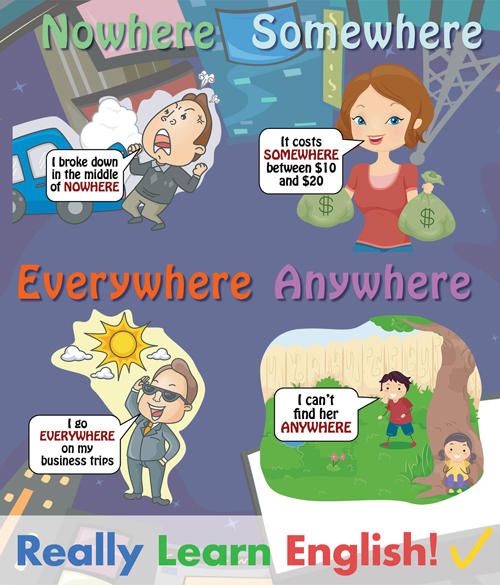
Nowhere Somewhere Everywhere And Anywhere What Is The Difference With Illustrations And Examples

The Difference Between Must Have To Shall Need And May

Modal Verbs Must Have To

Difference Between Ought To And Should Myenglishteacher Eu Blog

Diferencia Entre Might May Could Aprende Ingles
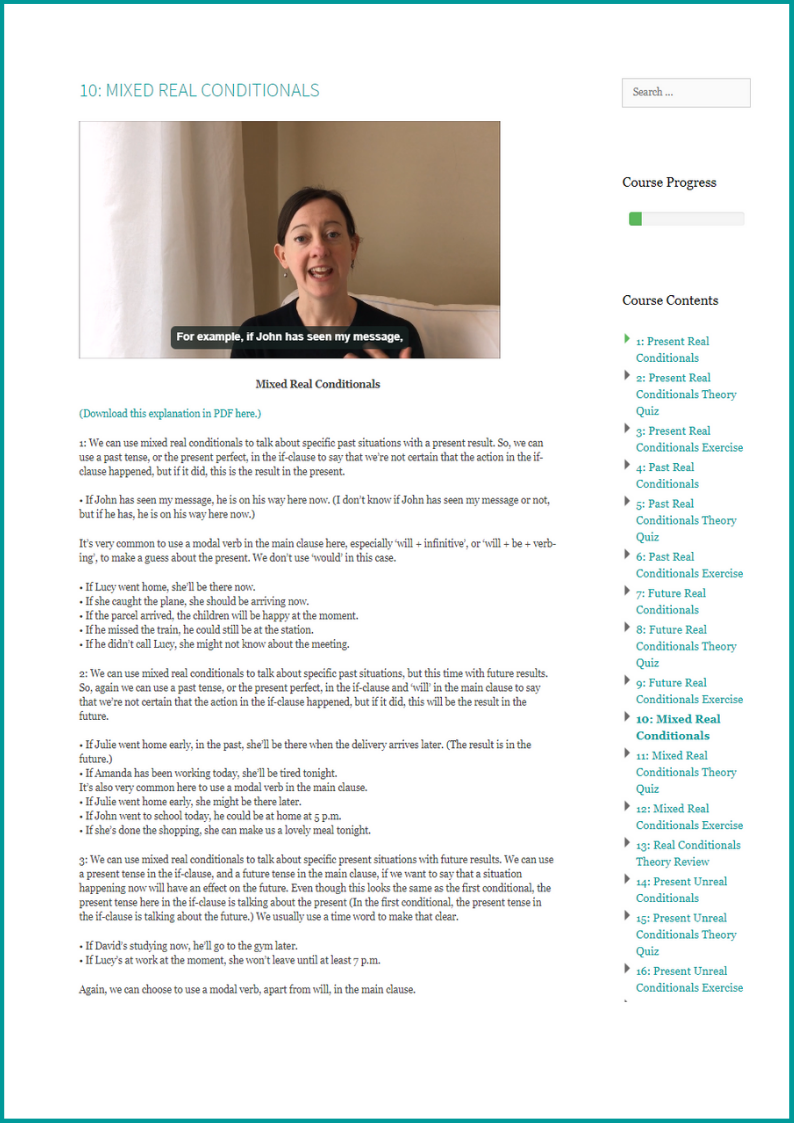
Could Have Should Have Would Have

Take Vs Get Includes Examples And Exercises

The Difference Between Must Have To Shall Need And May

Difference Between Shall And Should Use Of Shall Vs Should With Examples

Modal Verbs Must Have To
Could Have Should Have Would Have

Modal Verbs How To Use Must Have To And Should English Grammar Lesson Youtube

Modal Verbs Of Obligation Lewolang

Modal Verbs Must Have To

How To Use Should Have Could Have Would Have Lots Of Fun Examples To Fluency

What Is The Difference Between A Cv Vs Resume

Kingsland Academy Photos Facebook

Serif Vs Sans The Final Battle Consejos De Diseno Grafico Tipografia Graficos De Informacion
Q Tbn 3aand9gcsje02xoidnqkyh Cqn3dhnoot4mqu2ksbucf4wuoxuk Hxwsiw Usqp Cau

Monicatstocker English Grammar English Prepositions Learn English Vocabulary

The Difference Between Must Have To Shall Need And May

Must Vs Have To Y Otros Verbos Modales Youtube

Diferencias Entre Should Ought Y Had Better Pd49kjw8j0l9

Conoce Las Diferencias Entre Should Y Must What S Up

Schoology Vs Google Classroom 8 Common Questions Answered Schoology

Using Would Have Could Have Should Have English Grammar Lesson Youtube

Incoterms Vs 10 What S Changed Icc Academy

The Difference Used To Be Used To Get Used To

Llc Vs Inc What Are The Differences And Benefits Bizfilings

Past Modals Should Have Could Have Would Have Espresso English

Social Media Manager Vs Community Manager Sprout Social

Expressway English Added A New Photo Expressway English Facebook
Q Tbn 3aand9gctznsybspyfxmkyd8r N8mi2lbq6hzhyhrnbzlsuzndvk6fsmu4 Usqp Cau
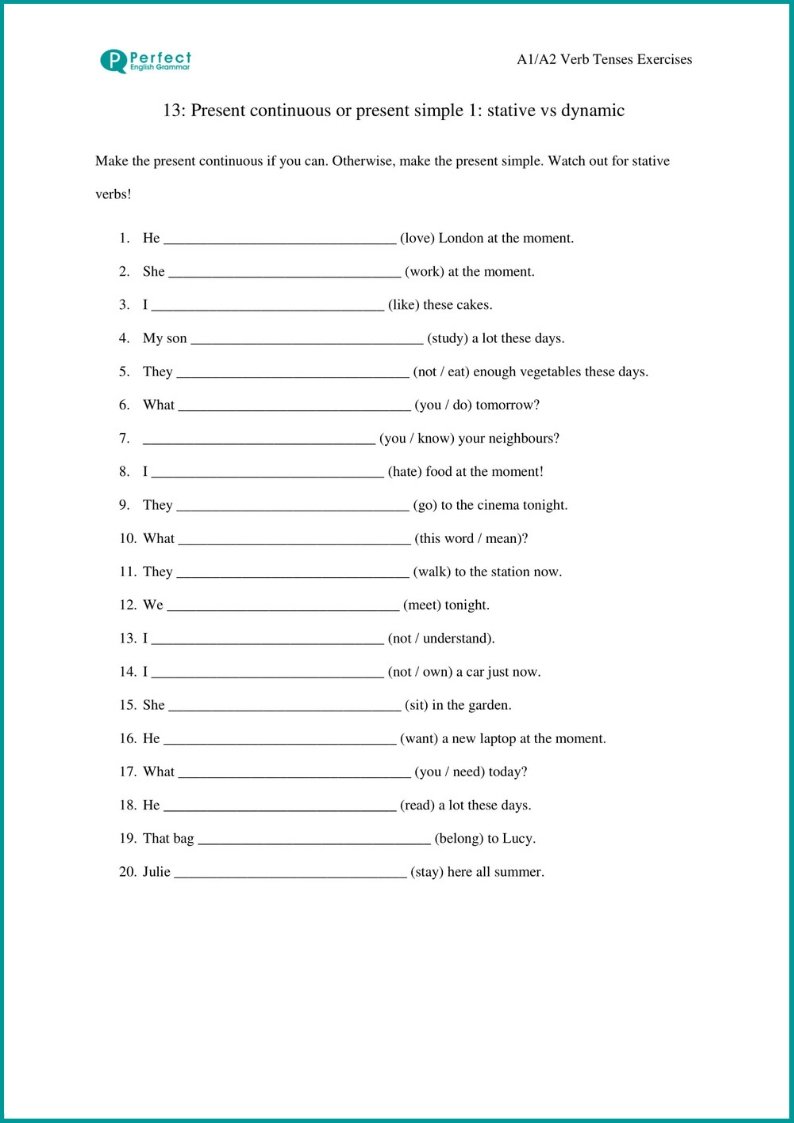
Could Have Should Have Would Have

Statements Questions Commands And Exclamations Grammarianism

Practice Or Practise

Diferencias Entre Should Y Ought To Eingleses

Diferencias Entre Las Cuentas De Invitado Y El Uso Compartido De Un Canal Slack

Wordpress Com Vs Wordpress Org Which Is Better Pros And Cons

Modal Verbs Must Have To

Ultimate Guide About Credit Debit And Prepaid Card Differences Bitsa

Should Y Must Diferencias Y Usos Explicado En Ingles Y Espanol Ingles Facil Youtube

Modal Verbs Must Have To
2
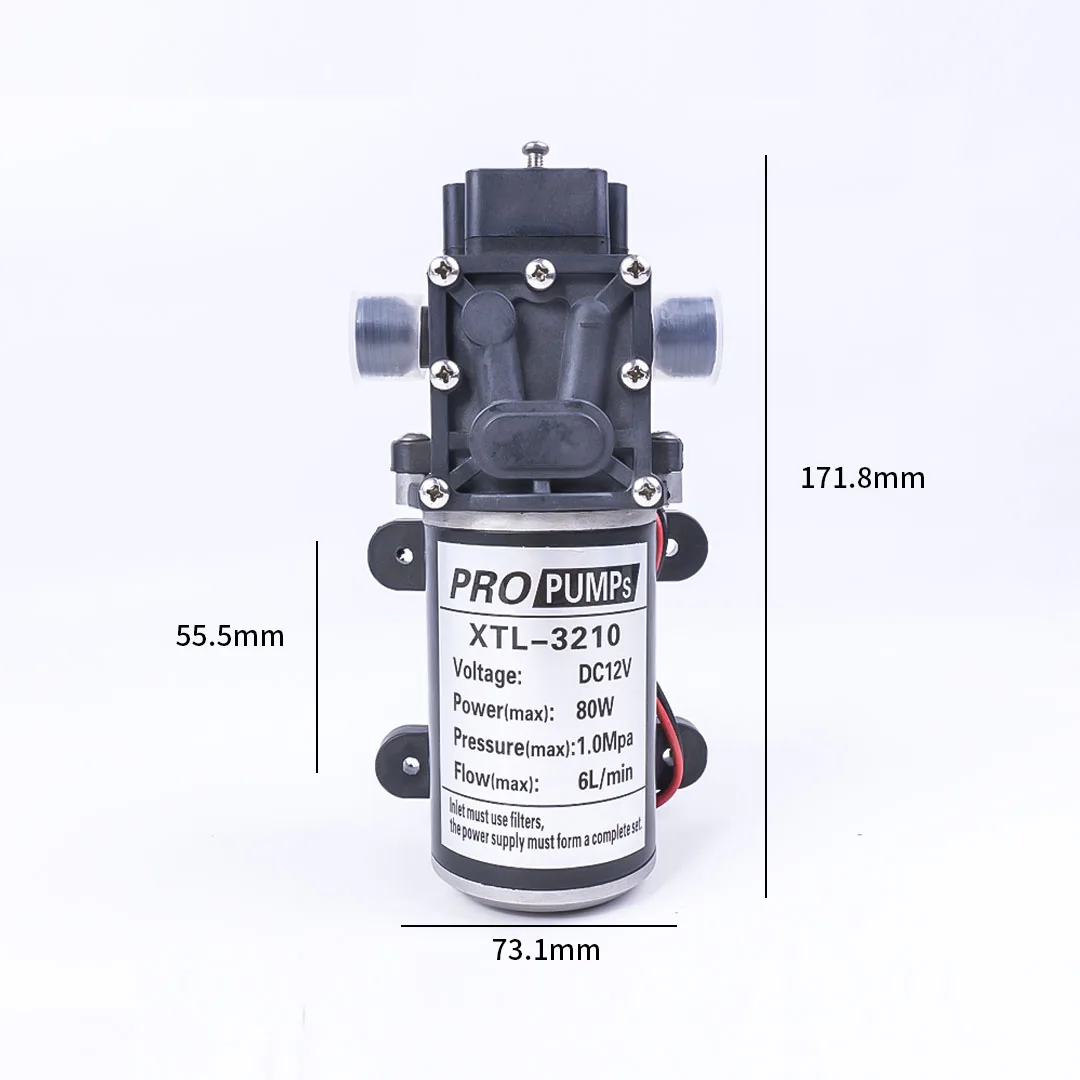
Dc 12v 80w 130psi 6l Min Water High Pressure Diaphragm Self Priming Pump Agricultural Electric Water Pump Car Wash Spray In Pumps From Home Improvement On Aliexpress

The Difference Between Must Have To Shall Need And May

Distribution Of The Standardized Mean Change Effect Size For Meta Analysis On Repeated Measures Request Pdf

Lengua Inglesa Must Vs Have To Docsity

Summer 16

Must O Have To Cual Es La Diferencia En Ingles Academia De Ingles En Barcelona That S Cool Education

The Difference Between Must Have To Shall Need And May

Must Y Have To Diferencias Esenciales What S Up

Modal Verbs Must Have To

Must Should Diferencias

Modal Verbs Must Have To

Difference Between Ought To And Should Myenglishteacher Eu Blog

The Difference Between Must Have To Shall Need And May

Modal Verbs How To Use Must Have To And Should English Grammar Lesson Youtube

Business Continuity Vs Disaster Recovery 5 Key Differences

Modal Verbs How To Use Must Have To And Should English Grammar Lesson Youtube
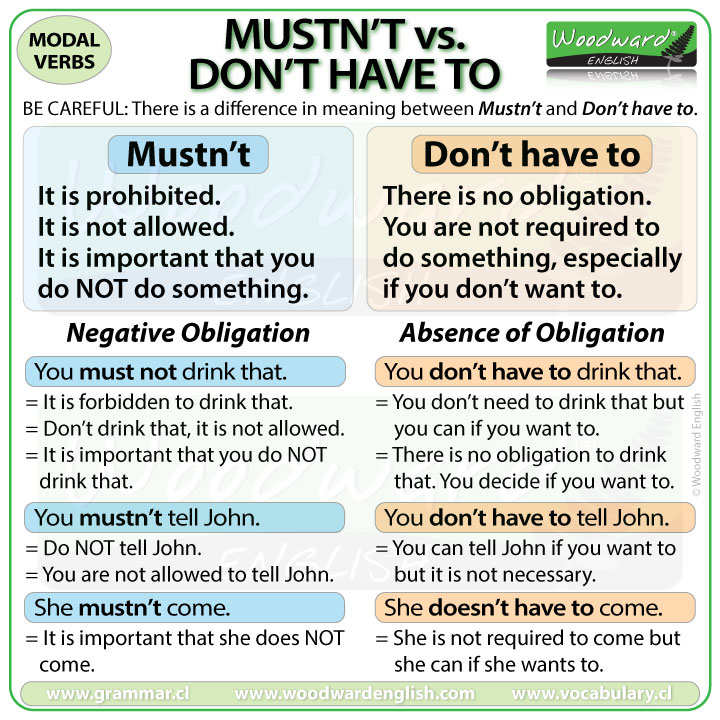
Mustn T Vs Don T Have To Woodward English
1

I Swear I Must Get This Question No Less Than 50 Times A Day I Got It That Much When I Taught First Grade And I Teaching Kindergarten Literacy Kids Education
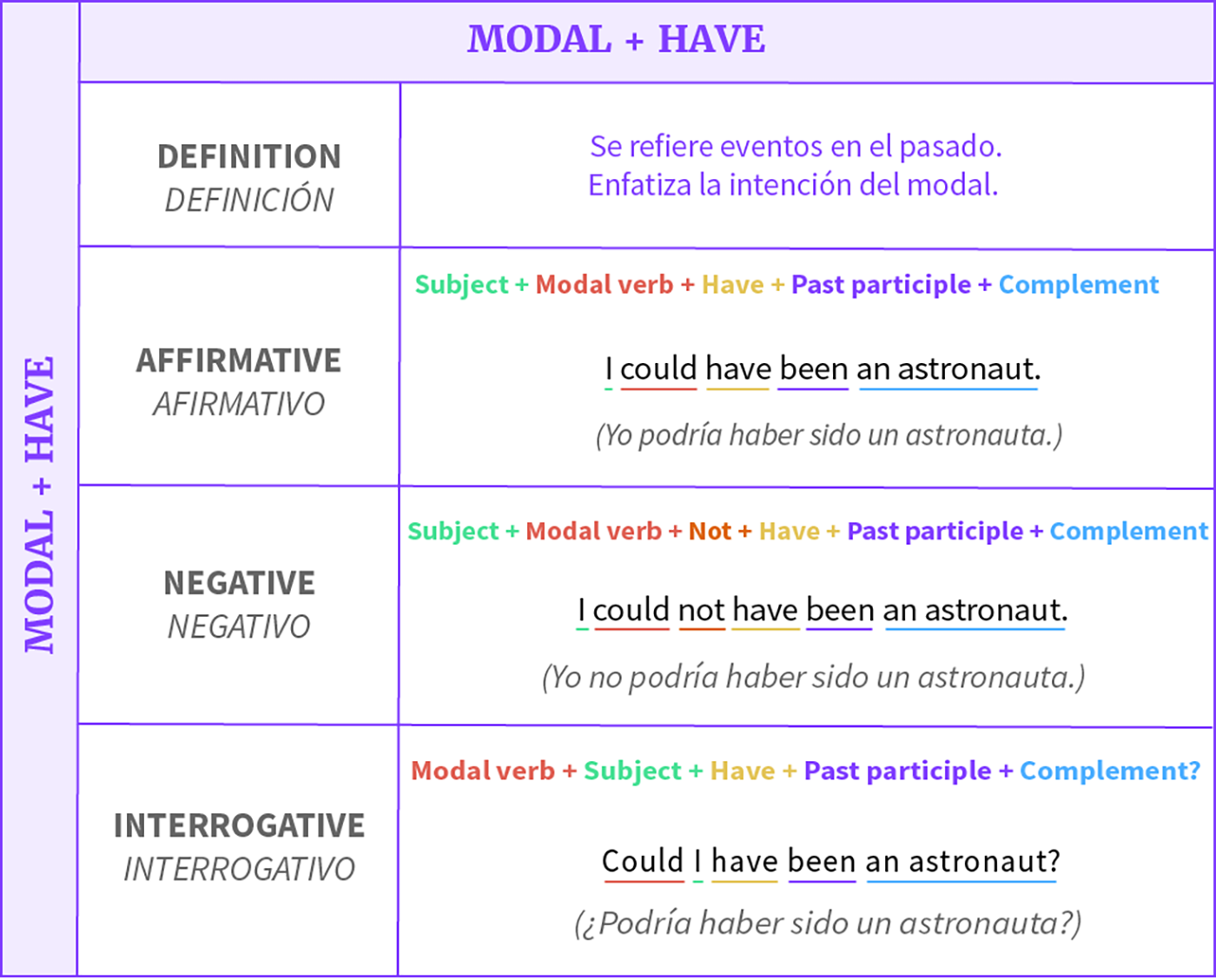
Must Could Should Would Have Nivel B1 Gcfglobal Idiomas
Q Tbn 3aand9gcrijkykkzjpgl7kg2vfz6efmcty3xlvxi 9wyfojjc Usqp Cau
What S The Difference Between Px Em Rem Vw And Vh Docs Elementor

Modal Verbs Must Have To

Modal Verbs How To Use Must Have To And Should English Grammar Lesson Youtube

Que Diferencia Hay Entre Must Y Have To Blog Coursefinders

Modal Verbs How To Use Must Have To And Should English Grammar Lesson Youtube
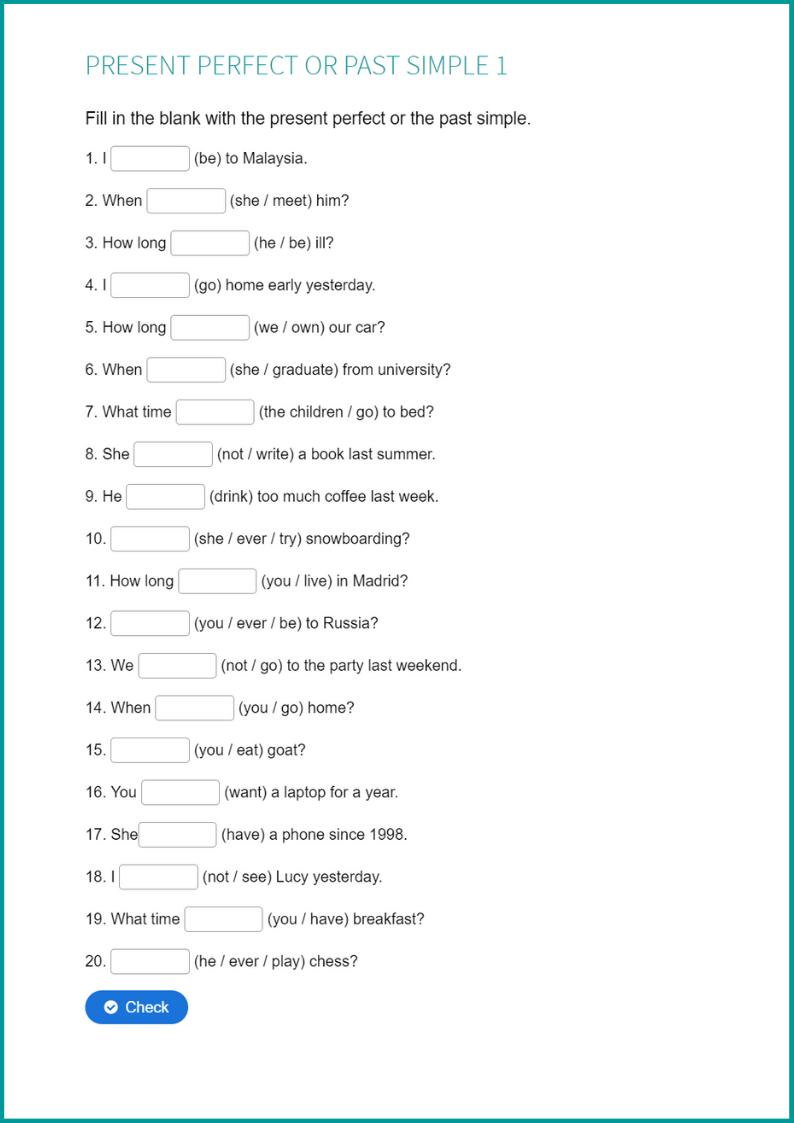
Could Have Should Have Would Have

Curiosidadtecnologica Diferencias Entre Los Antiguos Celulares Y Los Smartphone Actuales Old Phone Cell Then Vs Now

Should Must Have To Ingles Repaso De Gramatica

La Diferencia Entre To For En Ingles Youtube

Diferencias Entre Should Y Ought To Eingleses

What S The Difference Between A Latte Cappuccino And A Flat White L Or Espresso

Cricut Blades Differences Guide Everything You Need To Know In Cricut Projects Vinyl Cricut Craft Room Cricut Supplies

Recommend Suggest Advise Verbs That Have Esl Library Blog

Modal Verbs How To Use Must Have To And Should English Grammar Lesson Youtube
Should I Buy A Neodymium Magnet Or A Ferrite Magnet Magnets Blog Ima

Distributed Vs Centralized Networks Icommunity Labs

Have To Must And Should For Obligation And Advice Learnenglish Teens British Council

Pdf Diferencias Entre Wacc Deflactado Y Wacc Real Use El Deflactado

Modals Can T Have Must Have Might Have Grammar Businessenglish Com

Difference Between Ought To And Should Myenglishteacher Eu Blog

Use Directquery In Power Bi Desktop Power Bi Microsoft Docs
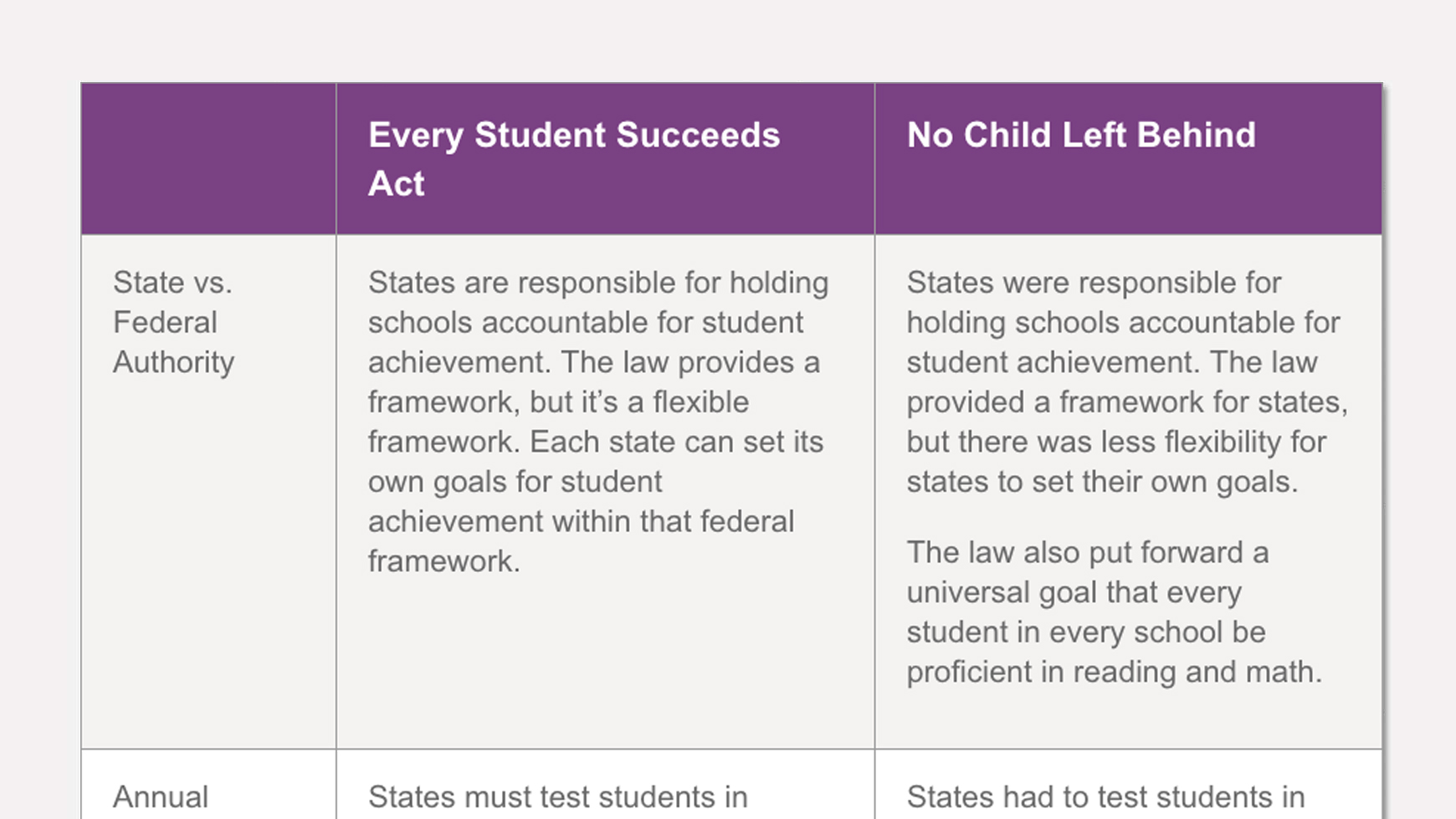
The Difference Between Essa And No Child Left Behind

La Guia Definitiva Sobre Los Verbos Auxiliares En Ingles My English Goals Modales En Ingles Como Aprender Ingles Basico Aprender Ingles Verbos

Mustn T Vs Don T Have To Woodward English

Igeek 2 6 Diferencia Entre El Uso De Las Palabras Should Y Have To En Ingles

Efecto De Un Incendio Forestal Causado Por Un Turista Sobre Bosques De Nothofagus Pumilio En La Reserva De La Biosfera Torres Del Paine Chile Patagonia Austral

La Diferencia Entre Must Y Have To En Ingles Amigos Ingleses

Sabes La Diferencia Entre Must Y Have To Merit School

Diferencias Entre Must Y Should Nivel B1 Gcfglobal Idiomas
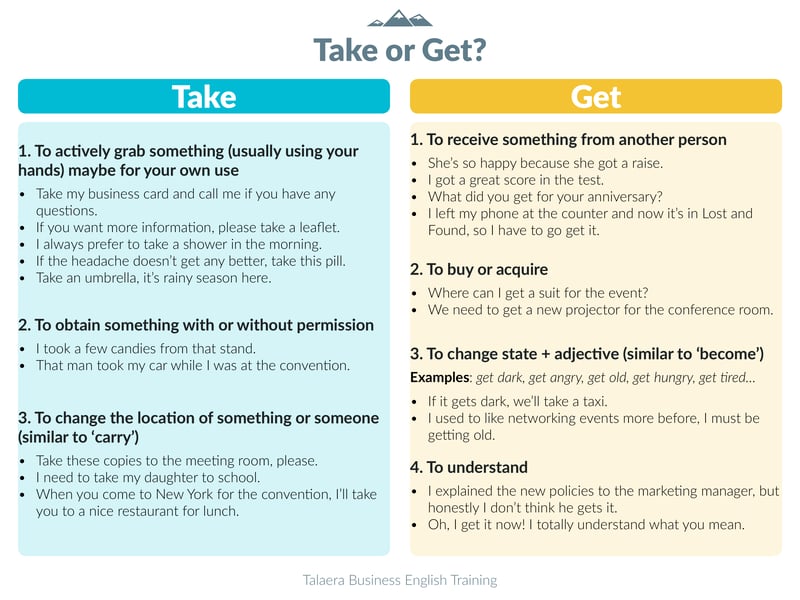
Take Vs Get Includes Examples And Exercises

The Difference Between Must Have To Shall Need And May

Cual Es La Diferencia Entre Must Y Have To En Ingles



